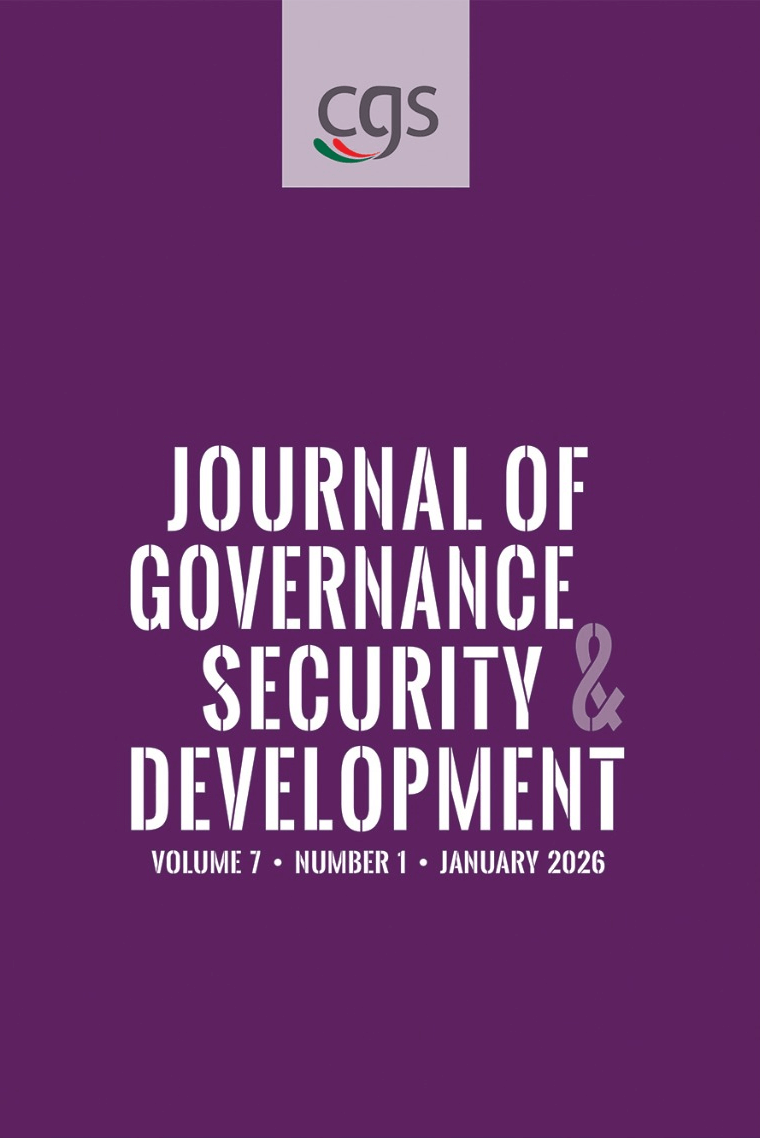Journal Abstract
Volume 6 | Number 1-2
Online Version: ISSN No: 2708-2490
Print Version: ISSN No: 2709-0590
Price: BDT: 750.00, USD: 25.00
Publish Date: 01, July 2025
Article:
Joshua Jones Oguadinma and Benson Okwudili Ugwu
Abstract
The paper examines how stricter enforcement of electoral laws could curb illegal political party-switching in Nigeria. The recent wave of party defections by Nigerian political leaders is widely viewed as a blatant violation of existing electoral provisions, with due process often ignored. In the lead-up to the 2015 elections, numerous federal legislators and sitting governors unlawfully defected from their parties to others in pursuit of political objectives. This deviation from established norms entrenched a disruptive trend of defections, which has since become a tool for political elites to manipulate the party system arbitrarily. The persistently weak enforcement of relevant laws has further eroded public confidence in partisan politics. This anomaly has cast serious doubt on the effectiveness and enforceability of Nigeria’s electoral laws, which expressly prohibit such conduct. The study employs an analytical framework grounded in party-system theory and adopts a qualitative descriptive method, drawing on key informant interviews with selected politicians. The findings indicate that a strengthened approach to electoral law enforcement—one that embraces a democratic ‘sanitization’ strategy—could significantly reduce illegal defections and address the broader institutional weaknesses undermining Nigeria’s democratic process.


